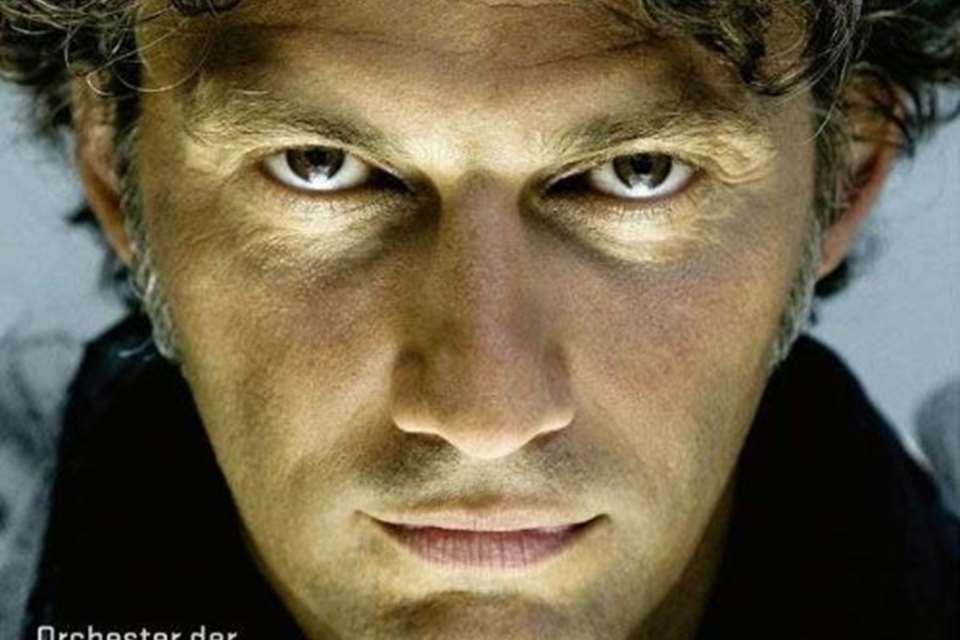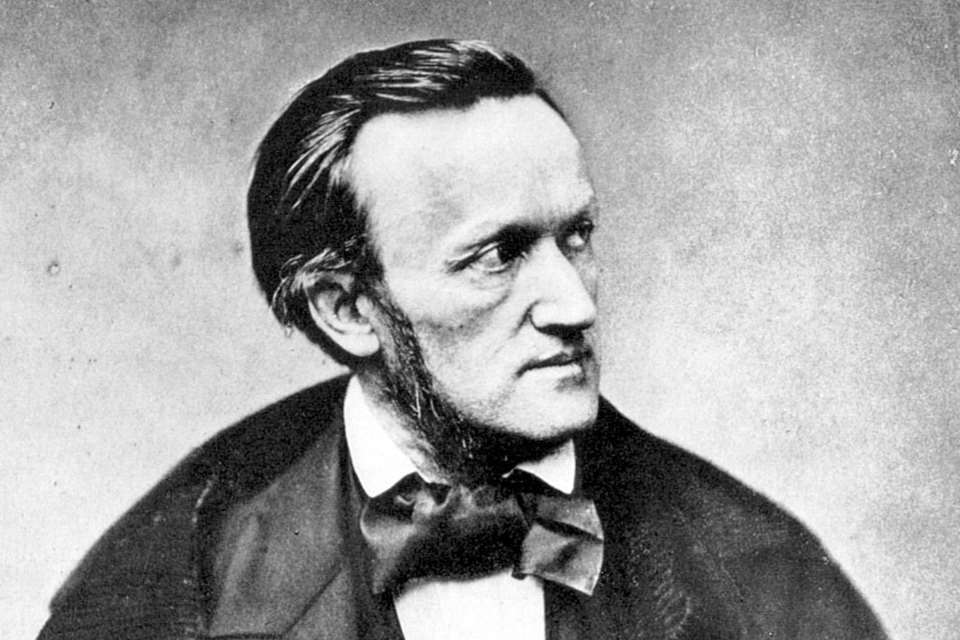Top 10 Wagner recordings
Gramophone
Sunday, May 23, 2021
While no list of great Wagner recordings could ever be considered 'definitive', our selection gathers a group of interpretations that we feel should earn a special place in any opera-lover's collection
Register now to continue reading
Thanks for exploring the Gramophone website. Sign up for a free account today to enjoy the following benefits:
- Free access to 3 subscriber-only articles per month
- Unlimited access to our news, podcasts and awards pages
- Free weekly email newsletter










